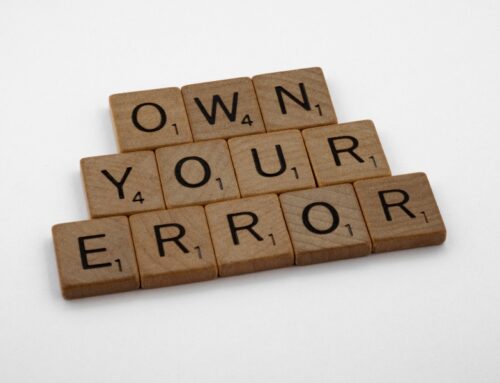This question was emailed to us at [email protected].
A director is considered an employee of the company. Therefore, like every employee who receives payment, this is an expense to the company. If you consider the simple equation of:
Profit = Revenue – Expenses
You will see that if expenses increase, profit will decrease. Therefore, the company will have lesser profits and hence pay lesser tax. This expense of paying the director, remember that the director is like any employee, would mean that that money is the director’s income. The director will then have to pay personal income taxes.
However, if the director was not paid a salary or director’s fee, the expenses in the simple equation above will result in lower expenses and hence higher company profits. These higher company profits will result in higher corporate taxes for the company. The company can issue dividends after tax to the shareholders. In this case, dividends are tax-free not because the monies do not need to be taxed. They are so because the company has already paid the taxes (or set aside the taxes to be paid) to IRAS and are returning the excess to the shareholders in the form of dividends.
Typically, corporate tax rates are lower than personal income tax rates. Many previous articles and videos on our blog and YouTube channel explain this. The choice to pay the director’s fee or salary is ultimately up to the company.
If you have any more queries with regards to this matter, you can always email us at [email protected]
When in doubt, seek legal advice or consult an experienced ACRA Filing Agent.
Yours Sincerely,
The editorial team at Singapore Secretary Services
For more useful articles and videos, visit the Singapore Secretary Services resource page.
Related articles:
What is a Chief Executive Officer (CEO)?
How to change your company secretary
Are directors’ fees subject to CPF contributions?
Can I pay myself dividends instead of salary and save on taxes?
A guide to Singapore Personal Income Taxes







Leave A Comment